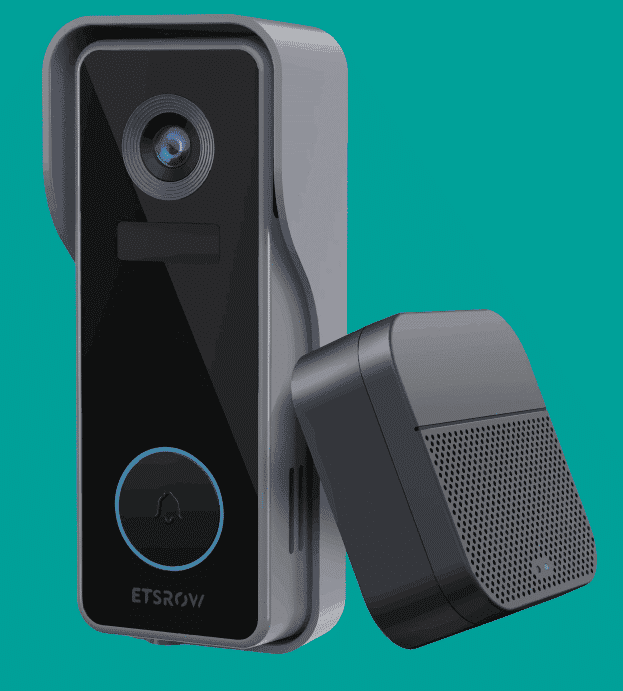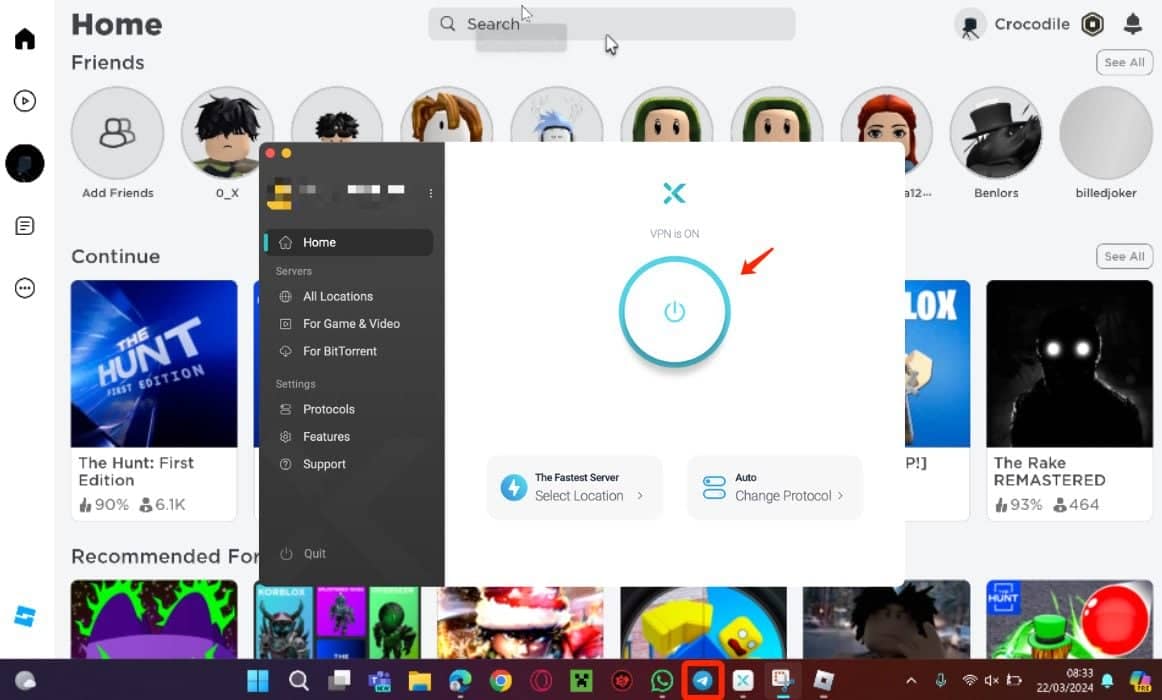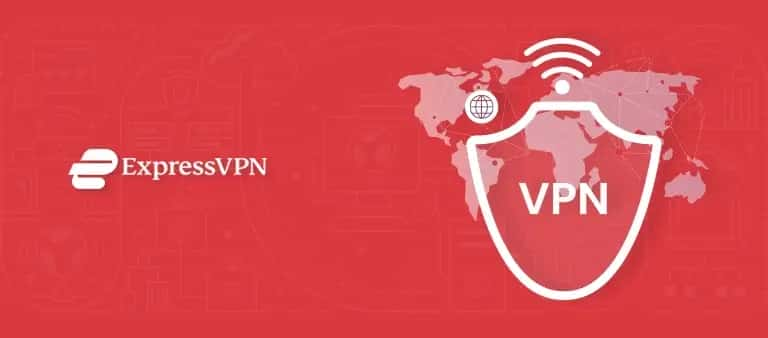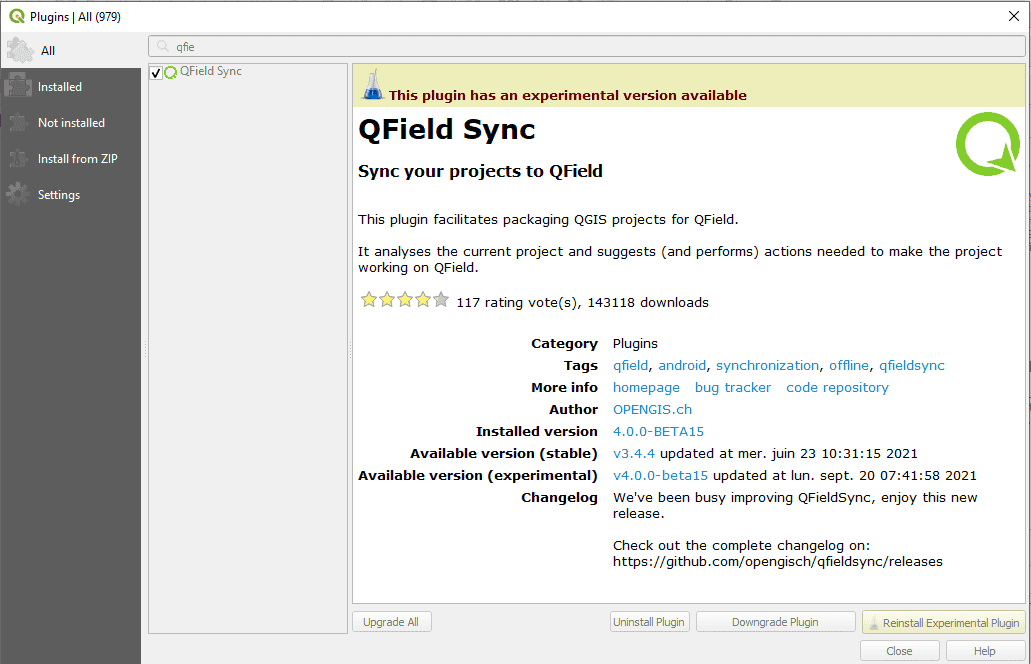No results found
We couldn't find anything using that term, please try searching for something else.

Are VPNs Safe and Secure?
2024-11-13 State-of-the-art encryption. Security is the most integral feature of any VPN, which is why you should choose a provider that uses the latest industry
State-of-the-art encryption. Security is the most integral feature of any VPN, which is why you should choose a provider that uses the latest industry-leading encryption technology. An AES 256-bit encryption, which is used by banks and state departments, is the current gold standard, and is supported by most VPN protocols. A strong encryption method ensures that your data remains illegible to anyone who doesn’t have permission to read it.
Options around IP address masking. The ability to disguise or reroute your IP address is another key feature that VPNs offer. A good provider should allow you to switch your IP address to that of your provider’s remote servers. The more servers around the world, the more locations—and IP addresses—you may have to choose from.
Kill switch. If your VPN connection unexpectedly drops, then your IP address could get compromised. A kill switch feature cuts off your applications, or even your internet, as soon as you’re disconnected. This, in turn, protects you from data leaks and safeguards your identity.
Zero-log policy. Like your ISP, a VPN provider could potentially access, sell, or give away the data you share while you’re tapped into the VPN network. That’s why it’s essential that you choose a company with a transparent logging policy, or zero-log policy. With a zero-log VPN, or no-log VPN, any data that gets transmitted across your secure connection doesn’t get stored or collected. This may include login credentials, usage logs, your search history, or even your IP address. Not only does this policy protect your identity in the face of potential data breaches, but it also ensures that your provider isn’t using or disclosing your information for monetary gain.
Secure authentication. When a computer connects to their provider’s server, they must first authenticate their identity by logging in through a web portal or VPN client. A good VPN should provide additional options for authentication, such as multi-factor authentication (MFA), which authorizes your login through a mobile app, or physical security keys, which allow you to securely login only after inserting a USB stick.
A trusted reputation. Like any top software company, a good VPN provider should be known for its robust network infrastructure, strong security record, open transparency, and knowledgeable, easy-to-reach support team.
Transparent pricing. Thanks to rising awareness around online security, the VPN space has seen a significant uptick in new providers—and many of them offer their services for free. But how do these services compare to their paid counterparts? Are free VPNs safe?
A premium VPN may require a monthly fee, but the quality of service and security you’ll receive is worth the price. When a service operates on a paid subscription model, your money helps pay for the cost of infrastructure, maintenance, and support. A free VPN might claim to offer the same features as a premium provider, but it might also collect and sell your data to third-party advertisers—the very thing a VPN was designed to protect against—in order to pay for those features. When researching VPNs, it’s best to choose one with a transparent business model, and often, free services fall short. Avoid them, if you can.





